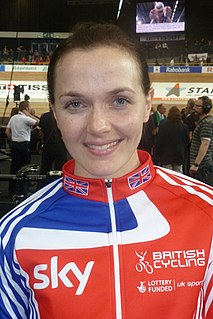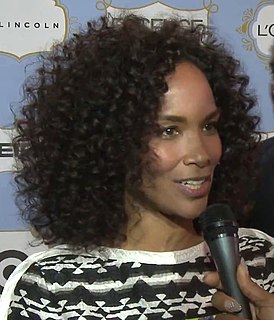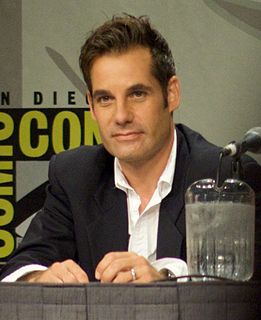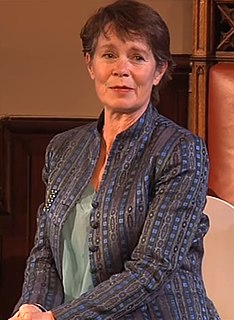A Quote by Rosamund Pike
I realized that many men are happy to play a supporting role to another man, but they are much less happy to play a supporting role to a woman. People are saying we need more females in our industry and we need more female-driven stories, but that takes the men of bankable star quality to come forward and play supporting roles in those films, because ultimately that's what the women have always done. We've always lent our name value to male-centric stories, and now we're going to have to ask the men to swallow their pride, because it seems that it's about pride.
Quote Topics
About
Always
Another
Another Man
Ask
Because
Come
Done
Driven
Female
Females
Films
Forward
Going
Happy
I Realized
Industry
Less
Male
Man
Many
Men
More
Much
Name
Need
Now
Our
People
Play
Pride
Quality
Realized
Role
Roles
Saying
Seems
Star
Stories
Supporting
Supporting Role
Supporting Roles
Swallow
Takes
Those
Ultimately
Value
Woman
Women
Related Quotes
We need more female directors, we also need men to step up and identify with female characters and stories about women. We don't want to create a ghetto where women have to do movies about women. To assume stories about women need to be told by a woman isn't necessarily true, just as stories about men don't need a male director.
I would probably choose supporting roles if I had to make a choice. It's actually a really hard thing to say. It's all on a role-by-role basis, ultimately. I shouldn't be so quick to say that. I feel like you're given greater license to be colorful and eccentric in supporting roles, and that's interesting to me.
I have always felt that perhaps women have sometimes almost embraced the same values as men, and the same character as men, because they are in the men's world, and they are trying to fit into a system that men have created. And maybe in truth when there is a critical mass of women who play that role in governments, then we will see whether women can really manage power in a way that is less destructive than the way that men have used power.
It was so fascinating to be a part of this, because as the women took on these central roles that had all the good lines, therefore all the good laughs, all the great moments- the men, who had joined us to sit on stage, started squirming rather uncomfortably. And got really bored. Because they weren't used to being the supporting cast. It was fascinating to feel their discomfort, to discuss it with them afterwards when they said, 'It's boring to play the girl role.' And I said, 'Yeah. Yeah, ya think? Welcome to our world.'
When men evaluate each other as men, they still look for the same virtues that they'd need to keep the perimeter. Men respond to and admire the qualities that would make men useful and dependable in an emergency. Men have always had a role apart, and they still judge one another according to the demands of that role as a guardian in a gang struggling for survival against encroaching doom. Everything that is specifically about being a man-not merely a person-has to do with that role.
What you would call a 'lead,' I've always considered a supporting part, and what people would call 'supporting parts,' I've considered leads. In a way, I look at it in reverse, because supporting parts - when they're done correctly - are the ones that are progenitors for storylines, to move forward.
If you just look at the number of roles for women versus the number of roles for men in any given film, there are always far more roles for men. That's always been true. When I went to college, I went to Julliard. At that time - and I don't know if this is still true - they always selected fewer women than men for the program, because there were so few roles for women in plays. That was sort of acknowledgment for me of the fact that writers write more roles for men than they do for women.
I was never a pretty girl, so I wasn't the one to get the boy. I used to cast myself as a good sport. Sometimes I wonder if I do that too much with roles I play, because if I'm absolutely truthful, I quite like being the best friend, or the supporting role, and actually I ought to gear-change and make myself the leading role.


































